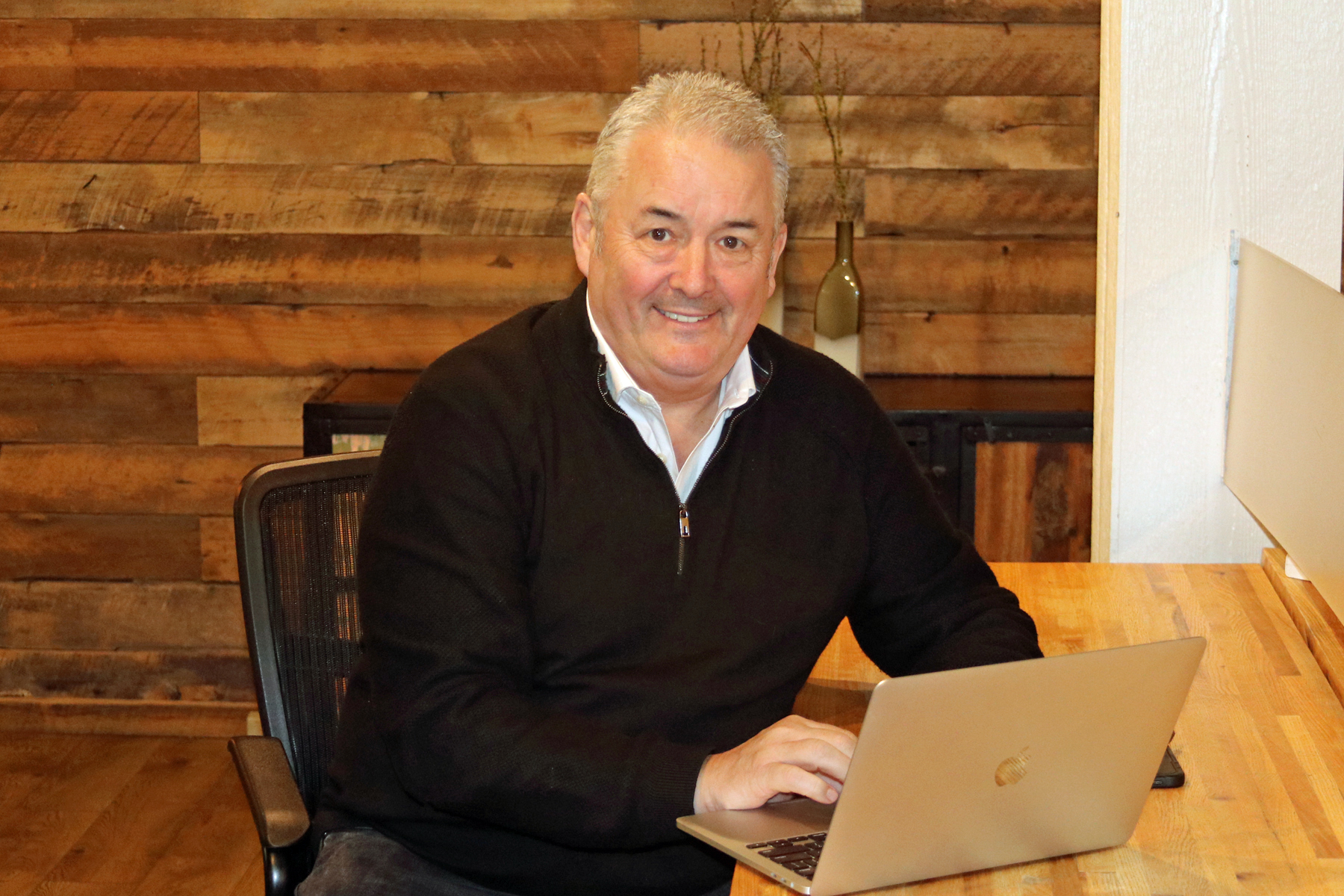
Dec 17, 2018
Who is your Dave Grohl?
For the benefit of those how don’t know who Dave Grohl is, he is the front man for The Foo Fighters, widely considered one of the last great American rock bands. Before the Foo Fighters, he was the drummer for Nirvana, one of the best selling bands in history. The wildly popular and now deceased Curt Cobain was the front man while Dave rocked on dutifully, unnoticed behind his drums. Dave once said he was barely known while with Nirvana and could have walked into one of his own band’s own concerts unrecognized. While now a prolific songwriter, he never contributed heavily to Nirvana’s songwriting.
So what does this have to do with you? Probably plenty. It has always fascinated me how such a talented person could have gone virtually unnoticed to emerge as one of the most recognizable people in music. How did so many people miss his amazing potential early in his career? It made me think about our own bands – the people we work with every day in nonmusical pursuits. Who is that hidden gem on your team? And why are they hidden? What will it take for them to blossom and realize their potential? Why does phenomenon happen?
It’s always fun to start with “Why?” So let’s go there first.
Confidence
In an interview with KROQ’s Brett Buchanan last year, Dave said he always wrote songs, but never let anyone hear them because he didn’t think they were any good and no one would want to hear them. According to Wikipedia, the Foo Fighters have recorded eight albums that have sold over 12 million copies of material he wrote. Imagine if Dave had never had the confidence to finally let people hear what he wrote.
Team dynamic
From that same KROQ interview…
“Being in Nirvana it’s like, you don’t want to confuse the songwriting process when you’re in a band like that with the greatest songwriter in the world and all I had to do was beat the hell out of the drums and have Nirvana. That was great, but then after the band was over it was the one thing that I realized was going to help me get on with life, to try something new and to challenge myself rather than just become a drummer of another band.”
Hopefully no one has to pass away before people on your team feel comfortable finding their voice. Think about your team meetings. After working at some extremely large companies, I have sat through countless staff meetings. It always seems like one or two personalities dominate the conversation, while others occasionally chime in and give an agreeable nod. Some may have the confidence to speak up and even ask some good questions or challenge theories and assumptions. Others just try to look interested while they dream of working someplace more rewarding. I have personally played all of these roles at some point. And then, there is always one person who has amazing ideas out in the workspace, but rarely finds their voice in a meeting or group setting. They quietly tinker and may even share some of their ideas with a trusted coworker, but never express them in a forum where they could be heard well and acted upon. It has been my experience that the loudest person in the room is rarely the best and brightest. A lot of brilliance goes unrecognized and unrealized when the spotlight is always shining on the lead singer.
Anyone at my company will tell you that we don’t have staff meetings. We have sales meetings. We have brainstorming sessions. We have problem solving sessions. And we of course have client meetings. We do not have obligatory staff meetings, but instead encourage people to have conversations. This probably saves about 100 hours of productivity per person, per year, which equates to two and a half weeks of work in 1976 or 4.5 days per person at Amazon. You’re welcome. The important point here is really that when you have a one on one conversation, you can hear the introvert’s ideas. Establishing venues and channels other than traditional meetings, can foster communication and ideas that would not have been heard otherwise.
Culture
Sadly, most cultures do not reward making mistakes. Not that I am advocating reckless behavior or decision making, but no one ever became great trying not to fail. A certain amount of risk taking is necessary to continue to innovate and improve. Teams never get better by creating an environment where people are punished for every bad idea or failed effort. It does not matter whether I am coaching twelve year old football players or managing my teams, I always tell them it’s OK to make mistakes, just make them at full speed. In other words, if you failed because you were trying to perform your best for a teammate or customer, and the activity was well directed, I am never going to beat you up over it. It is much preferred to playing not to fail. That is the definition of failing.
We always hear people talking about leading from the front. But sometimes you need to push from behind to get everyone contributing. Or maybe we need to work on not dominating the conversation so much ourselves. We were given two ears and one mouth for a reason. If we take the time to actively listen, we can find opportunities to invite others in to share their ideas and opinions. As leaders and even coworkers, we need to invite everyone into the conversation. Everyone hears the lead singer, but sometimes we need to invite the tambourine player to play a little louder, sing backup, or just invite them to take the mic. Never let someone sit in obscurity in a conversation. Pull everyone in the band into the song. There is no way your team will rock unless you encourage them to do so. And you will ever know who your Dave Grohl is if you don’t hear what they have to say.
About Kennedy Executive
Kennedy Executive Search & Consulting is a global partner network of retained search boutiques in Europe, Africa, North America and Asia Pacific with offices in Amsterdam, Budapest, Copenhagen, Denver, Frankfurt, Johannesburg, London, Milan, Monaco, Oslo, Paris, Prague, Sydney and Vienna. The network covers 360 degrees of talent management: executive search finds and assesses the right talent in the market, consulting develops people and organizations. With the addition of Evolve South Africa, Kennedy is now active on 4 continents and in 14 countries and offers a global reach. Between the 75+ consultants and researchers, 30 languages are spoken. As a network Kennedy will run 365 strategic recruitments all over the world this year. Kennedy Executive Search & Consulting helps organizations to achieve their goals and people to enhance their careers every day.



